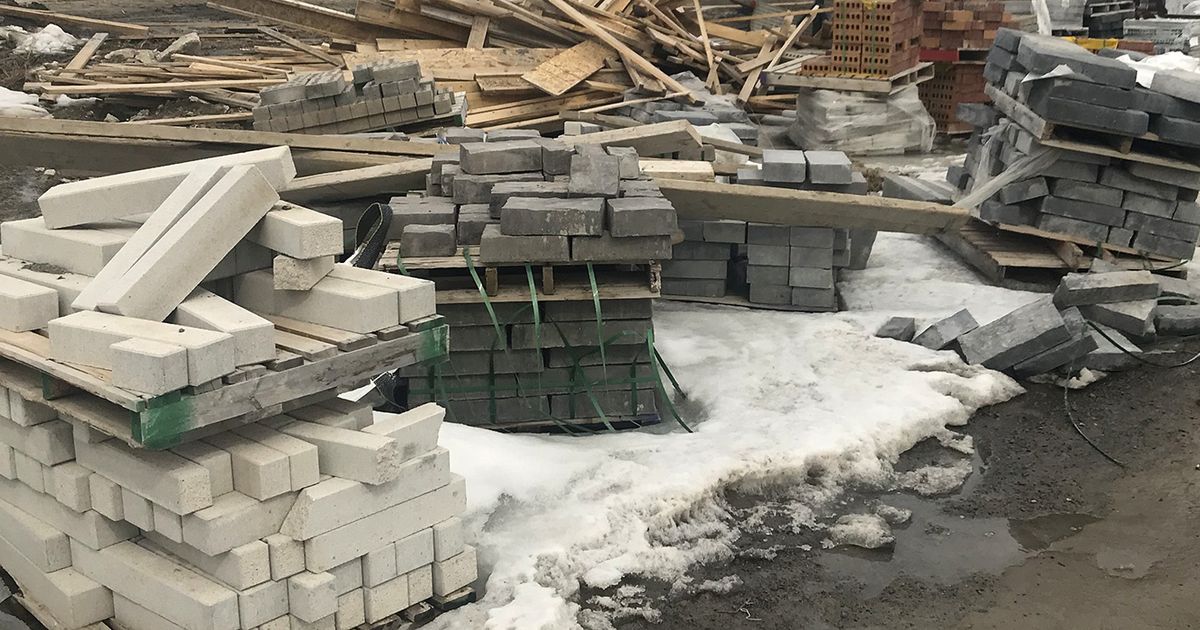Revolutionizing Construction: Exploring the Modern Methods of Building Construction
In today's rapidly evolving world, the construction industry has witnessed significant advancements in building techniques and methodologies. Traditional construction methods are being replaced by modern approaches that prioritize efficiency, sustainability, and safety. This article delves into the modern methods of building construction, exploring their benefits, applications, and the impact they have on the industry.
- Prefabrication and Modular Construction:
One of the most prominent modern methods is prefabrication, which involves manufacturing building components off-site and assembling them on-site. This approach offers numerous advantages, including reduced construction time, improved quality control, and minimized waste generation. Modular construction, a subset of prefabrication, takes this concept further by constructing entire modules or units off-site, which are then transported and assembled on-site. This method enables faster project completion, enhanced flexibility, and cost savings. - Building Information Modeling (BIM):
BIM is a digital representation of a building's physical and functional characteristics. It allows architects, engineers, and contractors to collaborate seamlessly throughout the construction process. BIM facilitates accurate visualization, clash detection, and efficient project management. By integrating various data sources, BIM enhances decision-making, minimizes errors, and optimizes resource allocation. Its application extends beyond construction, enabling effective facility management and maintenance. - Sustainable Construction:
With growing environmental concerns, sustainable construction methods have gained immense popularity. Green building practices focus on minimizing the environmental impact of construction activities while maximizing energy efficiency and resource conservation. Techniques such as passive design, renewable energy integration, and the use of eco-friendly materials are integral to sustainable construction. Implementing these methods not only reduces carbon footprint but also enhances occupant comfort and well-being. - Robotics and Automation:
The integration of robotics and automation has revolutionized the construction industry. Robotic systems can perform tasks that are dangerous, repetitive, or require high precision, thereby improving worker safety and productivity. Drones are utilized for site surveys, inspections, and monitoring progress. 3D printing technology enables the construction of complex structures with reduced material waste. Autonomous vehicles and machinery streamline material handling and transportation, enhancing efficiency on construction sites. - Advanced Materials and Techniques:
Modern building construction incorporates innovative materials and techniques to enhance structural integrity, durability, and aesthetics. High-performance concrete, fiber-reinforced polymers, and carbon fiber composites offer superior strength and resilience. Nanotechnology is utilized to improve material properties, such as self-cleaning surfaces and increased thermal insulation. Additionally, techniques like off-site prefabrication and modular construction reduce material waste and enhance quality control.
Conclusion:
The modern methods of building construction have transformed the industry, offering improved efficiency, sustainability, and safety. Prefabrication, BIM, sustainable practices, robotics, and advanced materials have become integral to construction projects worldwide. Embracing these methods not only benefits the environment but also enhances project outcomes, reduces costs, and improves overall construction quality. As the industry continues to evolve, staying abreast of these modern methods is crucial for professionals and stakeholders alike.

Post Comment